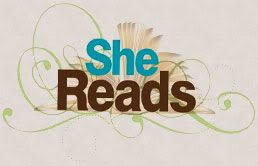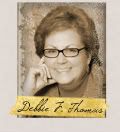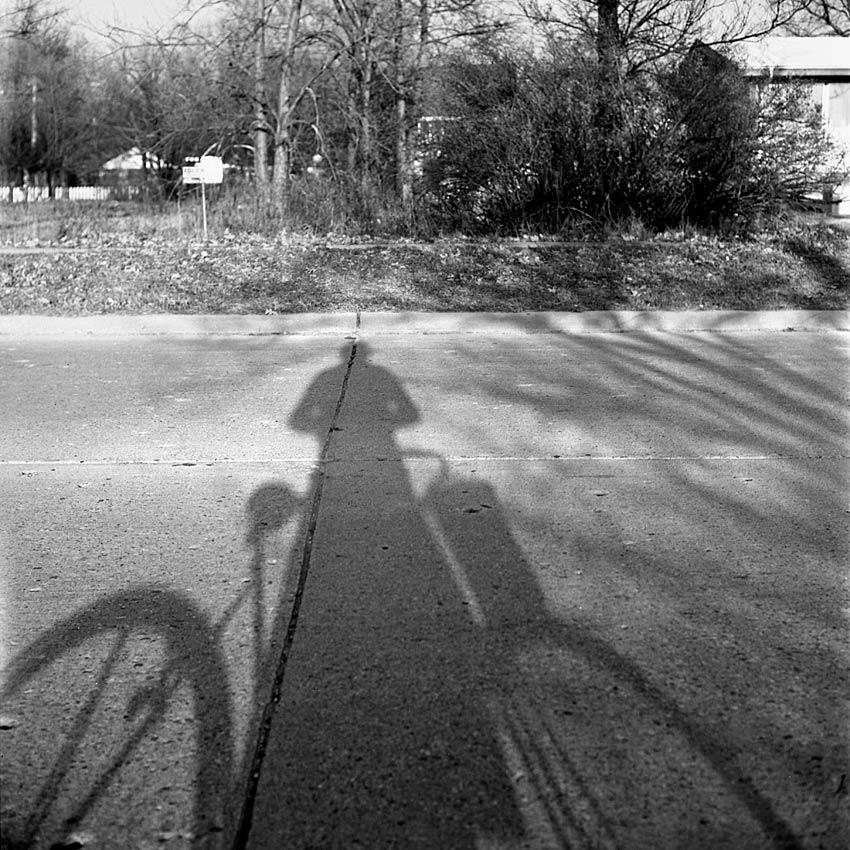 A furious squall came up, and the waves broke over the
boat, so that it was nearly swamped. Jesus was in the stern, sleeping on a
cushion. The disciples woke him and said to him, “Teacher, don’t you care if we
drown?” (Mark 4:37,38, NIV)
A furious squall came up, and the waves broke over the
boat, so that it was nearly swamped. Jesus was in the stern, sleeping on a
cushion. The disciples woke him and said to him, “Teacher, don’t you care if we
drown?” (Mark 4:37,38, NIV)
God has blessed our family in an incredible way. Though my
husband is approaching his ninth month of what his neurologist called “the
malignant form” of Guillain-Barre Syndrome, our family, friends and church have
gone great lengths to help us. They have bought us a van with a handicap ramp.
Our insurance company paid for a power wheelchair that cost more than any car
I’ve ever bought. And a friend and his wife bought us a house with a track
system and motorized lift in the ceiling to make simpler the multiple transfers
a day that my husband requires. Others have generously donated money to help
with the aides that are essential a few hours a day to relieve me from the 24-7
job of skilled nursing.
Nobody prays harder for me than my two children. Everyone
wants to make sure that this situation has not swamped us.
What does a writer do when she is “nearly swamped?”
Like the disciples, I have entertained images of myself
treading water, of being subsumed by forces I cannot control in any way. For
instance, though a crew of about 30 from our church came and moved us in one
day, I needed to make decisions about what to keep and what to get rid of; and
deal with many such “you have to decide now” choices in the midst of the
encompassing and relentless scenario.
Truly, I felt no sense of stricture when I realized that
there would not be as large a place to display books, for instance. It felt
freeing to say goodbye to books I’d kept, knowing I “ought” to read them. (The
Harvard Classics, for example, now have a spotlighted place on my daughter’s
living room wall.) My great collection
of books on ancient Egypt were pared down to the ones that had personal
meaning, and the rest went to Ebay. My theological reference books will stay in
a box until I find an institution that wants them (I can look up things much
faster on my computer.) Almost all my books on Mormonism went to a Christian
university.
And fiction. I had about forty novels I wanted to read after I'd given away others.
How telling it was to me, when I placed them on the highest shelf
of the bookcase, out of reach without a stepstool.
Part of that was because I don’t possess leisure time now. I
don’t own the hours it would take to finish even a mindless murder mystery.
Part of that was because they were like the “skinny jeans”
the diet experts tell us to hang up in plain sight to motivate us to keep
eating celery. Someday I might fit into those books.
But the most startling realization was this: These were the
books that I would read when I couldn’t use my Kindle. Like the water
containers and flashlights and propane lantern and batteries I stock in case of
a power outage, they were a backup plan I really don’t think I’ll use.
How about you? How have changes in your life intersected
with the way you relate to your own personal collection of books?



























